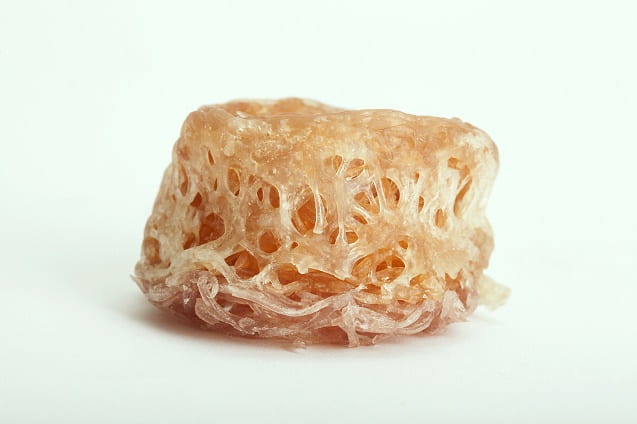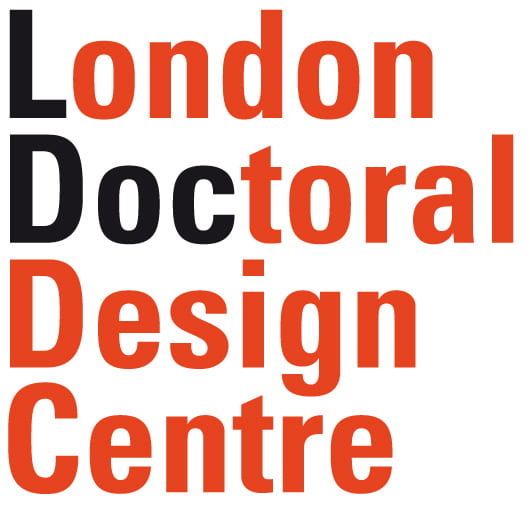
Recipes for Material Activism (Image by Lydia Whitmore)
This area of investigation has developed from a funding award I was granted: a Short Term Scientific Mission (STSM) from COST (European Cooperation in Science and Technology). This award enabled a design residency at Chalmers University of Technology and SP Technical Research Institute of Sweden at the beginning of 2014. Here I closely observed the scientific process to witness the transformations that take place on molecular level during the chemical recycling of pure and mixed fibres. Based on observations of this scientific research I developed ‘DeNAture’, a proposal for a hybrid material coding system based on elements of DNA and binary coding to aid the identification and tracking of materials in closed loop systems.
The COST project informed this PhD research proposal: to explore how design can offer new insights when it intervenes with materials; not through finished resources, but at the raw material stage. Here design accessed a material cycle within the chemical recycling process for the regeneration of cellulose fibres. This lead to an opportunity for the application of design to this stage of the lifecycle that potentially could aid the whole recycling system through increased transparency of processes; raising the question about how future, more embedded trans-disciplinary design residencies could lead to new insights and applications for this area of research.
How can we use design research to make interventions in the technological and scientific manufacturing of materials that improve our ability to retain the onward value in the materials we use?
The aim is to establish an ‘activist’ design role in the context of material research and production, by proposing opportunities for improving sustainability in the material lifecycle. New models for design activism and design/science interventions will emerge from artefacts of practice-based research in areas of technological and scientific innovation for materials. The project will lead to new methods for design activism and research in material lifecycles, and the development of methodologies for the trans-disciplinary collaborative process.
